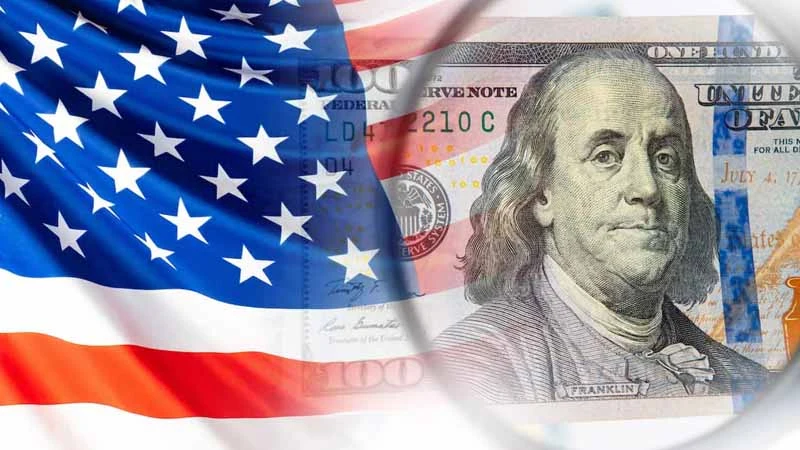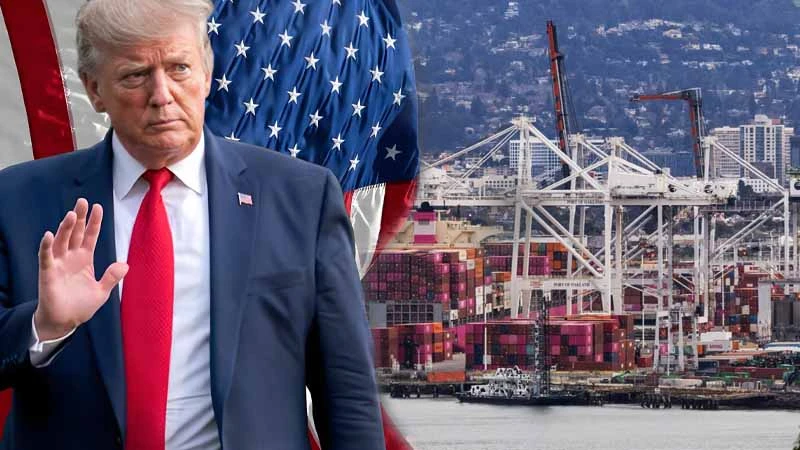Cash Flow vs Reserve Pool: A Systematic Assessment of the Government’s Cash Handout and Consumption Voucher Policies in the 2025 Budget Plan
As the February 26, 2025 Budget Announcement approaches, Hong Kong society closely monitors how the government will balance relief measures and structural reform needs amid HKD 680 billion fiscal reserve pressure. Financial Secretary Paul Chan recently emphasized the importance of “targeted measures”, aiming not only to meet public expectations regarding consumption vouchers but also to drive sustainable fiscal reform that may have a certain impact on the investment market.
Hong Kong’s Fiscal Status: Deficits and Reserve Pressure
Although Hong Kong’s fiscal condition has gradually recovered since the pandemic, the issue of fiscal deficit remains severe. According to the latest projections, the government’s fiscal reserves will decline to approximately HKD 680 billion by March 2025, nearing the levels of the 2011/12 fiscal year. This shift has sparked market concerns over the government’s fiscal stability, especially as public expenditure continues to account for over 24% of GDP, intensifying pressure for structural fiscal reform.
For investors, this implies that the government may face greater pressure to increase borrowing and may raise interest rates to cope with rising capital costs, which would impact market liquidity and capital allocation decisions. In particular, while government-issued green bonds and infrastructure bonds may help with short-term fundraising, they could increase Hong Kong’s long-term interest burden.
The Market Impact of the Evolution and Transformation of Relief Policies
Over the past three years, more than HKD 30 billion in electronic consumption vouchers have been distributed, successfully triggering a V-shaped rebound in the retail sector. However, recent data shows that the marginal effect of consumption vouchers on GDP has declined from 1.8% in 2021 to 0.6% in 2023, signaling an urgent need for policy transformation.
The Financial Secretary is currently exploring ways to link consumption vouchers with specific policy goals, such as:
- Targeted subsidies for cross-border spending (applicable to designated merchants in the Greater Bay Area)
- Double deductions for green product purchases
- Special subsidies for elderly healthcare services
According to think tank simulations, allocating 30% of voucher funds toward cross-border consumption could generate an additional HKD 4.5 billion in regional economic activity, while also strengthening Hong Kong’s commercial synergy with the Greater Bay Area.
These policies are expected to significantly influence investors’ positioning in the consumer, retail, and healthcare sectors. In particular, cross-border consumption subsidies may promote economic collaboration between Hong Kong and the Greater Bay Area, further enhancing regional commercial partnerships and creating growth opportunities in related industries. For investors, this presents potential investment prospects in the Greater Bay Area and green economy sectors.
Fiscal Reform Proposals: Balancing Spending Cuts and Revenue Growth
As the fiscal deficit continues to widen, both political and business sectors have proposed several measures aimed at controlling expenditure while promoting economic growth. The following proposals are particularly critical in terms of market impact:
- Freezing Civil Servant Salaries and Reducing Headcount
This measure could effectively reduce public expenditure but may also spark social discontent and affect market sentiment. A decline in civil servant morale could negatively impact the consumer market and overall social stability. - Reforming the Stock Stamp Duty
Proposals to lower the stock stamp duty rate would directly affect trading activity in the Hong Kong stock market. Reducing transaction costs may attract more international capital and further reinforce Hong Kong’s position as a global financial hub. Investors should watch for the potential positive impact of such policies on market liquidity and Hong Kong stock valuations. - Introducing a Wealth Tax
Raising tax rates on high-income groups may affect capital mobility, particularly by accelerating outflows of high-end assets. For investors, this could signal a shift of capital toward overseas markets, posing a challenge to the stability of the local capital market. - Adjusting the HKD 2 Public Transport Subsidy Scheme
Although this policy has a significant impact on the general public, abrupt changes could trigger social dissatisfaction and influence local consumption patterns. Investors should monitor how such adjustments may affect the public transportation and retail sectors in the short term.
Possibility of Reintroducing Relief Measures and Associated Market Risks
As fiscal deficits and reserve pressures intensify, how the Hong Kong government balances economic stability with expenditure control will be the central challenge of the “2025 Budget Plan”. Investors should pay close attention to any adjustments in future fiscal policy, especially as the government further emphasizes a dual approach of spending restraint and revenue generation. These policies could significantly influence market liquidity, interest rates, and capital allocation.
For long-term capital allocators, this may signal a reduced reliance on low-interest environments, shifting focus toward asset classes with stable growth potential. Investors should monitor how the government shapes market expectations and use this insight to adjust their portfolios and seize market opportunities arising from upcoming reforms.
*This article is intended for sharing and reference only, and does not constitute professional investment advice. As individual circumstances and needs vary, you may contact the Cashback Island team or consult your financial planner for professional guidance.
Frequently Asked Questions
Q1. When Will the 2025 Budget Plan Be Released?
Hong Kong’s “2025 Budget Plan” will be announced by Financial Secretary Paul Chan on February 26, 2025.
Q2. How Many Types of Taxes Are There in Hong Kong?
1、Profits Tax: Tax on business profits for both corporations and unincorporated entities
2、Salaries Tax: Progressive tax on individual employment income
3、Property Tax: Tax on rental income from properties
4、Stamp Duty: Tax on stock and property transactions
5、Betting Duty: Tax on horse racing, Mark Six, and football betting
6、Customs Duty: Applies only to four categories (alcohol, tobacco, hydrocarbon oil, methanol)
7、Rates: 5% of the annual rental value of a property (includes municipal service charges)
Related articles
-
Since 2025, global financial markets have continued to focus on the monetary policy trends of the US Federal Reserve (Fed) and movements in the US Dollar Index. As a barometer of the international market, the performance of the US Dollar Index (DXY) directly affects asset prices and capital flows in...2025 年 3 月 18 日
-
2024 Q4 US Nasdaq Index plunged 3.6%, while the Hang Seng Tech Index fell 4.2% simultaneously, highlighting that the linkage between the two markets has deepened to the level of capital flows. Facing the Federal Reserve’s policy swings, the tech industry’s cyclical shifts, and rising geopolitical risks, Hong Kong stocks...2025 年 2 月 21 日
-
In February 2025, Donald Trump's 25% tariff on imported cars triggered an instant earthquake in the global supply chain. This trade policy, which has been labelled “America First 2.0", has not only forced multinational car companies to urgently reorganise production, it has also pushed the price of precious metals past...2025 年 2 月 21 日













